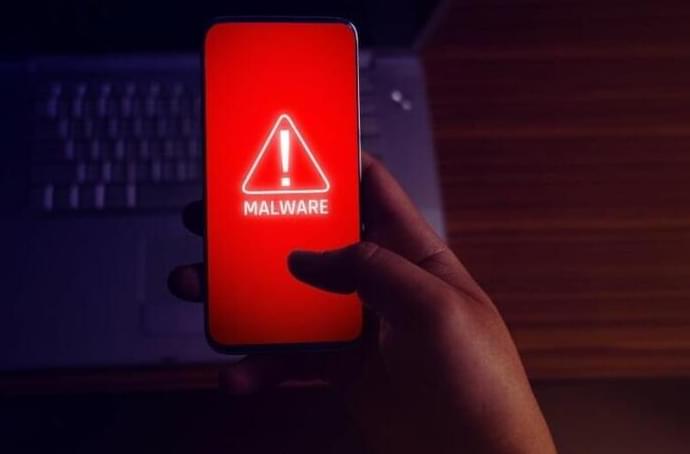The threat group behind the fast-growing Rhysida ransomware-as-a-service operation has claimed credit for an Aug. 19 attack that crippled systems at Singing River Health System, one of Mississippi’s largest healthcare entities.
The attack follows one against California’s Prospect Medical Holdings in August that affected 16 hospitals and more than 160 clinics around the country. The wide scope of that incident prompted an alert from the Health Sector Cybersecurity Coordination Center to other organizations in the industry.
The attack on Singing River impacted three hospitals and some 10 clinics belonging to the system and is likely to reinforce Rhysida’s credentials as a growing threat to healthcare organizations in the US. It’s also a reminder of the surging interest in the sector from ransomware actors who, early in the COVID-19 pandemic, had piously vowed to stay away from attacking hospitals and other healthcare entities.









 עברית (Hebrew)
עברית (Hebrew)